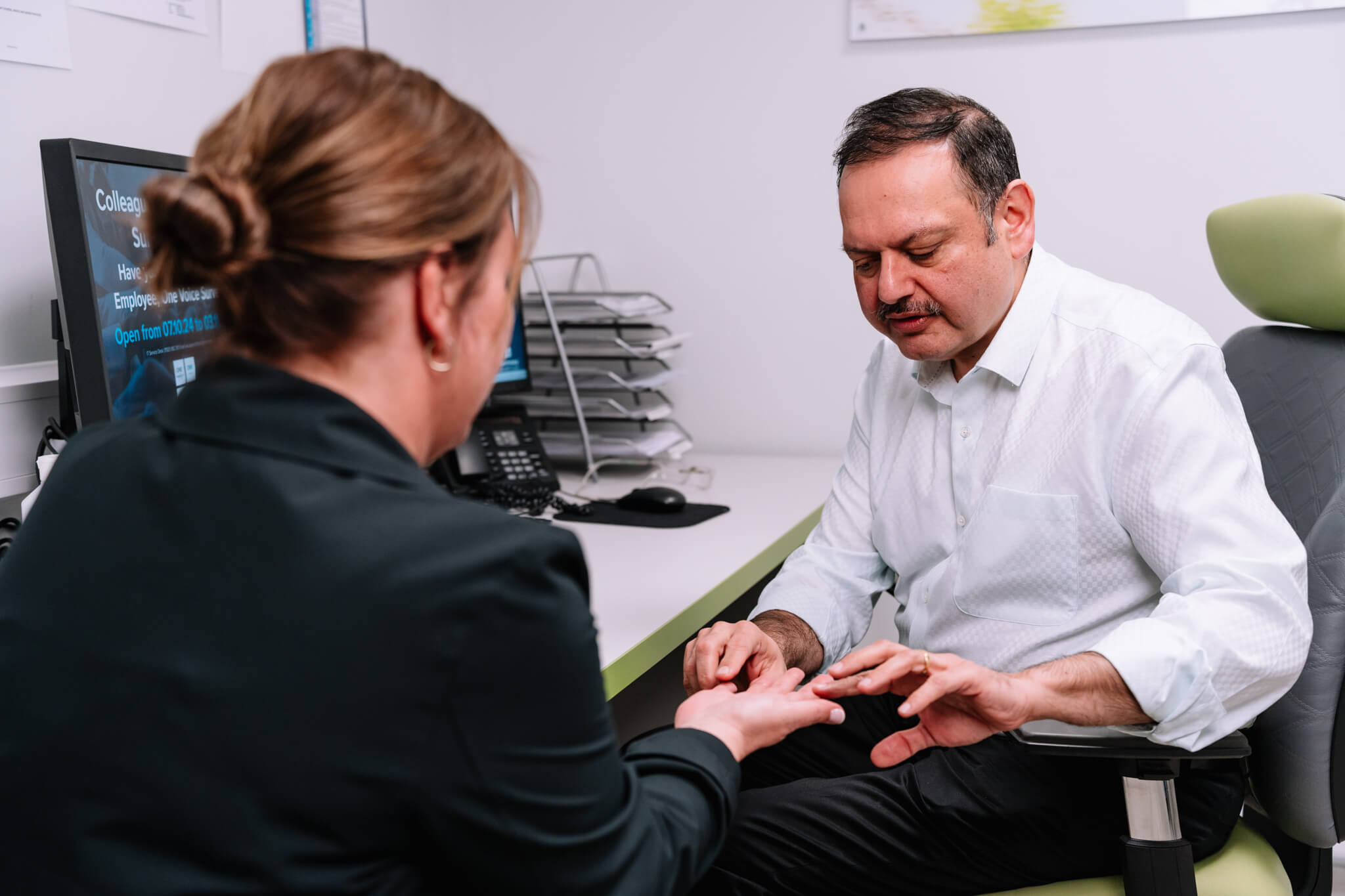Renacres Hospital Specialists
-
Mr Paul Ainsworth
Mr Paul Ainsworth is a Consultant General Surgeon in Lancashire, Ormskirk
Read more -
-
-

Mr Dmitri Artioukh
Mr Dmitri Artioukh is a consultant General Surgeon in Lancashire, Renacres Hospital
Read more -

Mr Harish Babu
Mr Babu Harish is a Consultant General Surgeon in Lancashire, Renacres Hospital.
Read more -
-
-
-
-
Dr Christopher Wong
Dr Christopher Wong is a Consultant Nephrologist and General Physician in Ormskirk
Read more


